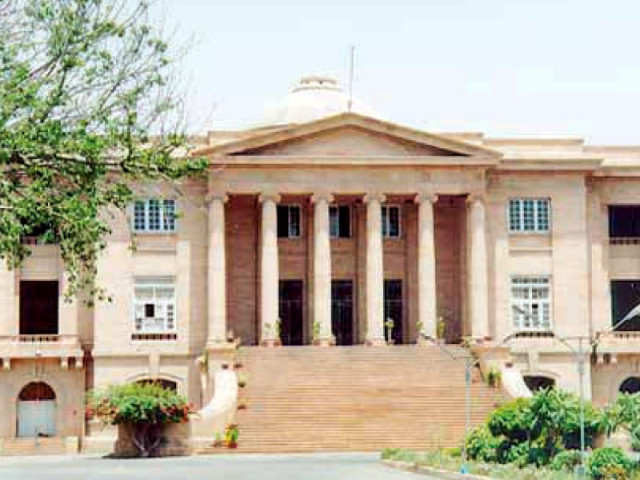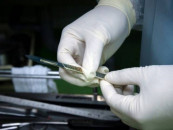SHC seeks reply from govt over LG elections
Plea highlights shortage of life-saving drugs in absence of drug analyst in NCLB

The Sindh High Court (SHC) sought on Friday a written reply from the Sindh government over a plea calling for local body elections to be held soon.
A two-member bench, comprising Justice Muhammad Ali Mazhar and Justice Yousuf Ali Sayeed, was hearing the plea.
"When did the tenure of the local government representatives begin and when did it end?" asked Justice Mazhar, seeking further clarification on whether their tenure began with an oath-taking ceremony or after the completion of elections. He further asked that who would organise the new elections and how.
Advocate Haseeb Jamali maintained that the service period of the local government representatives had not yet expired. The petitioner, however, stated that the local body representatives had completed their four-year tenure.
The court remarked that it should be informed clearly when the local body elections were being held in the province.
The bench adjourned the hearing till August 26 and issued notices to the provincial government to submit a written reply.
The Sindh chief secretary, chief election commissioner, election commission secretary, provincial election commissioner, local government secretary and treasury department secretary have been nominated as parties in the plea.
Shortage of life-saving drugs
Meanwhile, the same bench issued notices to the nominated parties over a plea against a drug analyst vacancy and the shortage of life-saving drugs across the country.
The petitioner had maintained in the plea that life-saving drugs, including anti-rabies vaccines, anti-venom, and medicines for malaria, typhoid and dialysis had been unavailable in the market due to the absence of a drug analyst in the federal government's National Control Laboratory for Biologicals (NCLB).
He claimed that medicines worth Rs25 million could not be imported to the country, while orders had not been released to pharmaceutical companies for the last two months due to the federal government's 'negligence.'
He added that no medicine could make it to the market without the drug analyst's approval.
He moved the court to issue directives for the immediate appointment of a drug analyst and release of medicines.
The court issued notices to the parties, seeking replies.
Continued confinement
Another bench, comprising Justice Nazar Akbar and Justice Abdul Mobeen Lakho, transferred to another bench a plea challenging the second notification for the confinement of an acquitted man.
The petitioner's counsel maintained that Abdul Hameed Bugti had been confined under Section 11EEE of the Anti-Terrorism Act (ATA) and the period of confinement had been extended for three more months, despite his acquittal in the PIDC bomb blast case.
He claimed that only the federal government could confine a person accused of involvement in suspicious activities under the ATA, adding that a notification was not enough to confine a person and rather, strong evidence against the individual had to be presented.
Justice Akbar remarked that the hearing would be conducted by a regular bench.
The court transferred the plea to another bench.
Published in The Express Tribune, August 8th, 2020.



















COMMENTS
Comments are moderated and generally will be posted if they are on-topic and not abusive.
For more information, please see our Comments FAQ